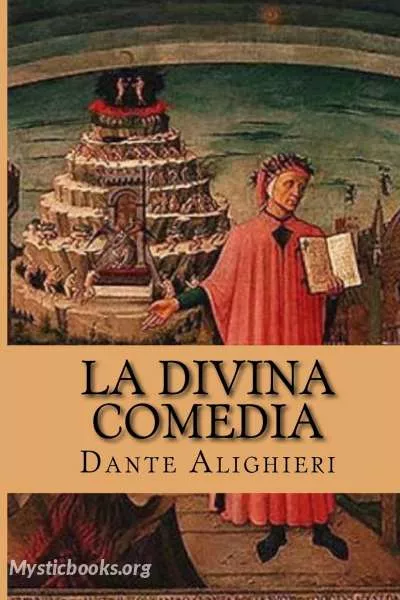
La Divina Commedia
'La Divina Commedia' Summary
The poem begins on the night before Good Friday in 1300, "halfway along our life's path" (Nel mezzo del cammin di nostra vita). Dante is thirty-five years old, half of the biblical lifespan of 70 (Psalms 89:10, Vulgate), lost in a dark wood (understood as sin), assailed by beasts (a lion, a leopard, and a she-wolf) he cannot evade and unable to find the "straight way" (diritta via) – also translatable as "right way" – to salvation (symbolized by the sun behind the mountain). Conscious that he is ruining himself and that he is falling into a "low place" (basso loco) where the sun is silent ('l sol tace), Dante is at last rescued by Virgil, and the two of them begin their journey to the underworld. Each sin's punishment in Inferno is a contrapasso, a symbolic instance of poetic justice; for example, in Canto XX, fortune-tellers and soothsayers must walk with their heads on backwards, unable to see what is ahead, because that was what they had tried to do in life:
they had their faces twisted toward their haunches
and found it necessary to walk backward,
because they could not see ahead of them.
... and since he wanted so to see ahead,
he looks behind and walks a backward path.
Allegorically, the Inferno represents the Christian soul seeing sin for what it really is, and the three beasts represent three types of sin: the self-indulgent, the violent, and the malicious. These three types of sin also provide the three main divisions of Dante's Hell: Upper Hell, outside the city of Dis, for the four sins of indulgence (lust, gluttony, avarice, anger); Circle 7 for the sins of violence; and Circles 8 and 9 for the sins of fraud and treachery. Added to these are two unlike categories that are specifically spiritual: Limbo, in Circle 1, contains the virtuous pagans who were not sinful but were ignorant of Christ, and Circle 6 contains the heretics who contradicted the doctrine and confused the spirit of Christ.
Book Details
Authors
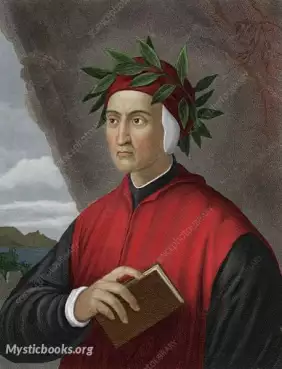
Dante Alighieri
Florentine
Dante is known for establishing the use of the vernacular in literature at a time when most poetry was written in Latin, making it accessible only to the most educated readers. His De vulgari eloquent...
Books by Dante AlighieriDownload eBooks
Listen/Download Audiobook
- Select Speed
Related books
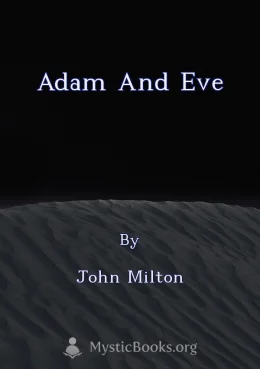
Adam and Eve by John Milton
Adam and Eve is a narrative poem by John Milton, first published in 1667, that tells the biblical story of the creation of Adam and Eve, their temptat...
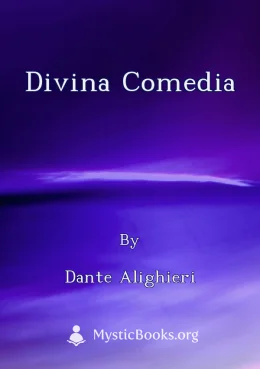
Divina Comedia by Dante Alighieri
The Divine Comedy is an epic poem by Dante Alighieri, first written in the early 14th century. It is widely considered one of the greatest works of wo...

The Lover in Hell by Stephen Vincent Benet
Our Fortnightly Hallowe'en offering is taken from Young Adventure: A Book of Poems by Stephen Vincent Benét, an American Poet and short-story writer.
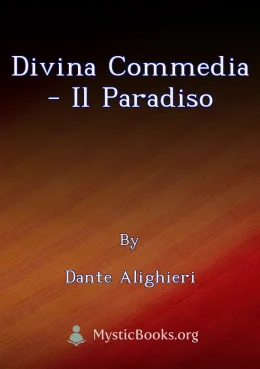
Divina Commedia - Il Paradiso by Dante Alighieri
Il Paradiso è la terza e ultima cantica della Divina Commedia di Dante Alighieri. Dopo aver attraversato l'Inferno e il Purgatorio, Dante, guidato da...
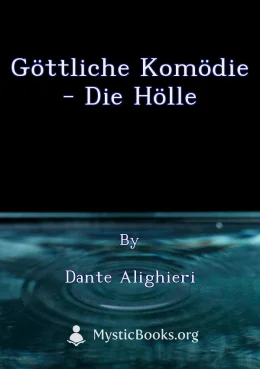
göttliche Komödie - Die Hölle by Dante Alighieri
Dantes *Göttliche Komödie* ist ein episches Gedicht, das in drei Teile gegliedert ist: *Inferno*, *Purgatorio* und *Paradiso*. Es erzählt die Geschich...
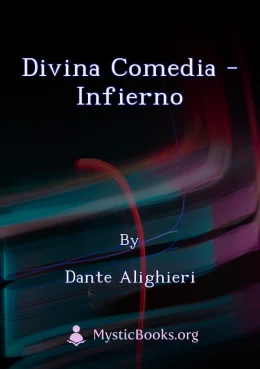
Divina Comedia - Infierno by Dante Alighieri
La Divina Comedia, especialmente su primera parte, el Infierno, es una obra monumental de la literatura italiana. Dante, acompañado por Virgilio, desc...
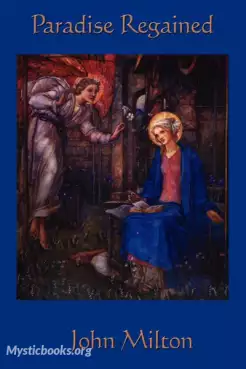
Paradise Regained by John Milton
Paradise Regained is a poem by English poet John Milton, first published in 1671. The volume in which it appeared also contained the poet's closet dra...
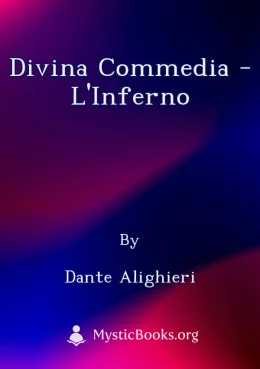
Divina Commedia - L'Inferno by Dante Alighieri
The Inferno is the first part of Dante Alighieri's Divine Comedy, an epic poem that tells the story of Dante's journey through Hell, Purgatory, and Pa...
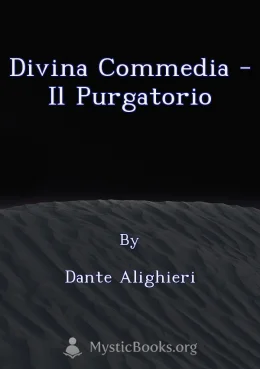
Divina Commedia - Il Purgatorio by Dante Alighieri
La Divina Commedia - Il Purgatorio è la seconda parte della trilogia di Dante Alighieri, un viaggio immaginario attraverso l'aldilà. Dante, guidato da...
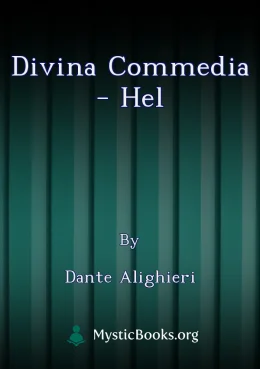
Divina commedia - Hel by Dante Alighieri
This book is the first part of Dante's masterpiece, the Divine Comedy. It tells the story of Dante Alighieri's journey through the nine circles of Hel...
Reviews for La Divina Commedia
No reviews posted or approved, yet...